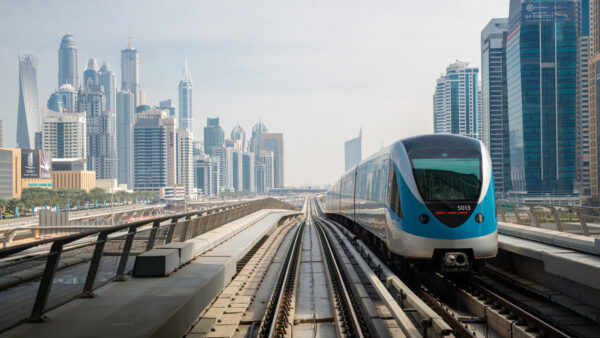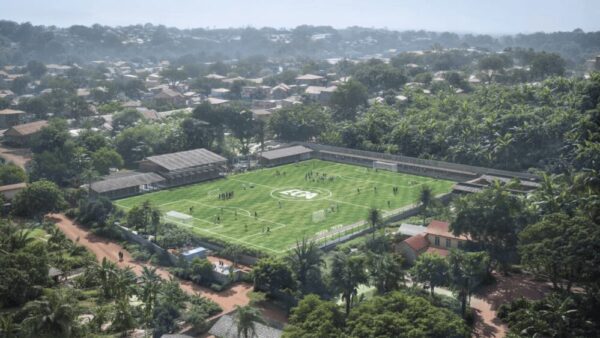The government of Iraq yesterday signed a $1.4bn deal with General Electric (GE) for the construction of two power plants to help tackle the country’s dire electricity shortages.
The deal includes two 750MW units in the southern provinces of Dhi Qar and Muthannah. About $1bn will be for the plants, and the remainder will cover technology upgrades and maintenance works at other sites.
In the first phase of the “Power Up” deal, GE will set up two plants, each with four gas turbines, for a total capacity of 1,500MW. It will also supply heat recovery steam generators and steam turbine technology, and will serve as the engineering, procurement and construction contractor. This phase is due to be complete in 2018.
The second phase plan, GE will work with the Iraqi Ministry of Electricity to carry out repair and maintenance projects at other four plants; this is intended to add 580MW to the national grid. It will also carry out maintenance to other plants that are fitted with the company’s 9E gas turbine.
“With demand for electricity increasing every year, a transformational approach is required that is led by new projects and technology upgrades,” said a spokesperson for Iraq’s Ministry of Electricity.
Steve Bolze, president and chief executive of GE Power, commented in a statement: “Using GE’s expanded portfolio of technologies and solutions, this project will provide more reliable and sustainable electricity for the country to help achieve better operations and higher levels of efficiency.”
GE added that it had helped the country to secure $2bn in financing for projects in the energy sector leveraging its “global sourcing capabilities coupled with its strong relationships with lenders”.
Iraq’s electricity system has been deteriorating since 1990, when 70% of its installed capacity was destroyed or damaged in the bombardment that accompanied the first Gulf War. After the looting that took place in the 2003 conflict, the entire system was at the point of collapse, and it proved impossible to rehabilitate, despite spending of around $27bn by the US government between 2003 and 2012.
The Al Monitor website comments that this leaves many Iraqis with a few hours of government-provided power per day, giving them the choice of supplementing it with generators or going without electricity.
It said: “Abysmal services, widespread corruption and government posts being distributed along political and sectarian lines were the main factors that sparked anti-government protests starting in the summer of 2015.”
Image: Most Iraqis still rely on diesel generators (Iraq Energy Institute)
Further reading:






